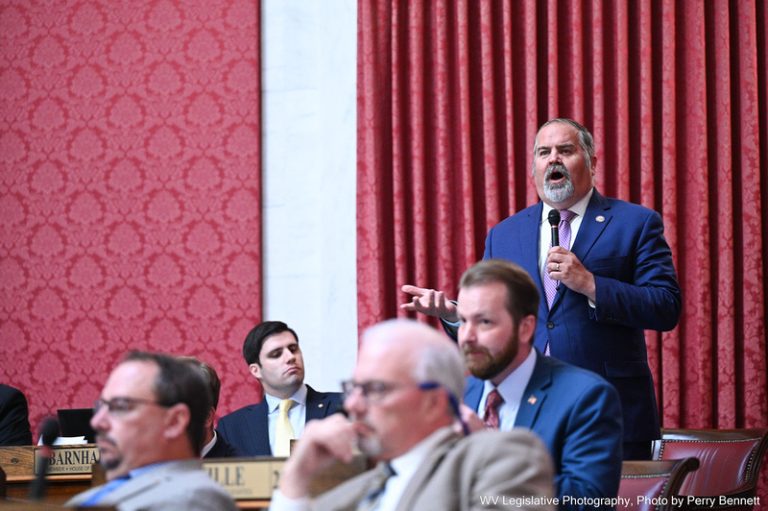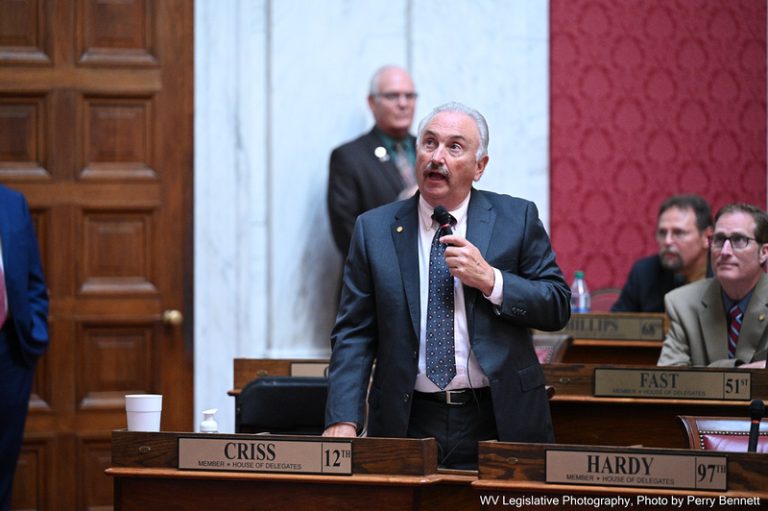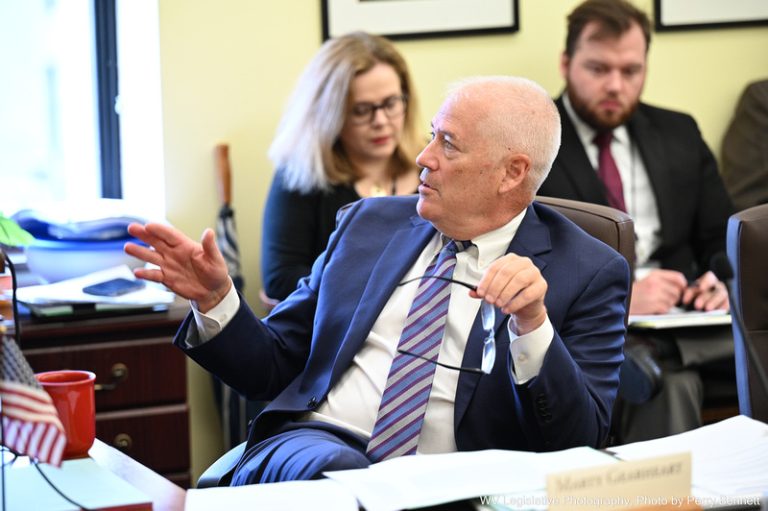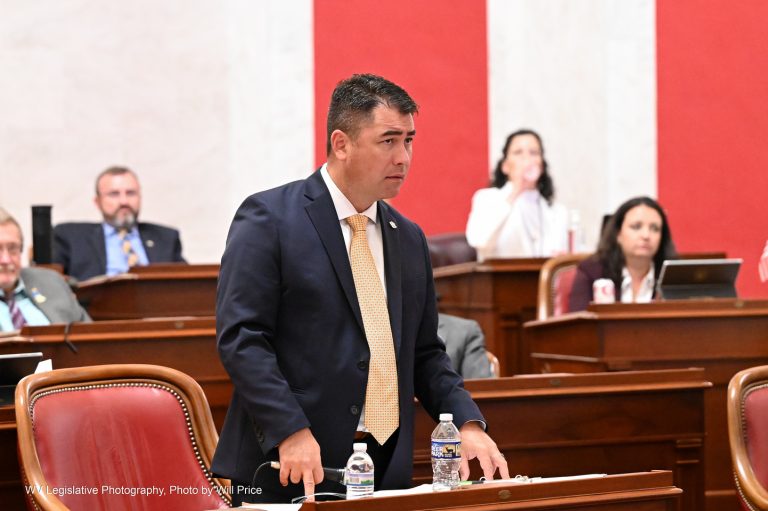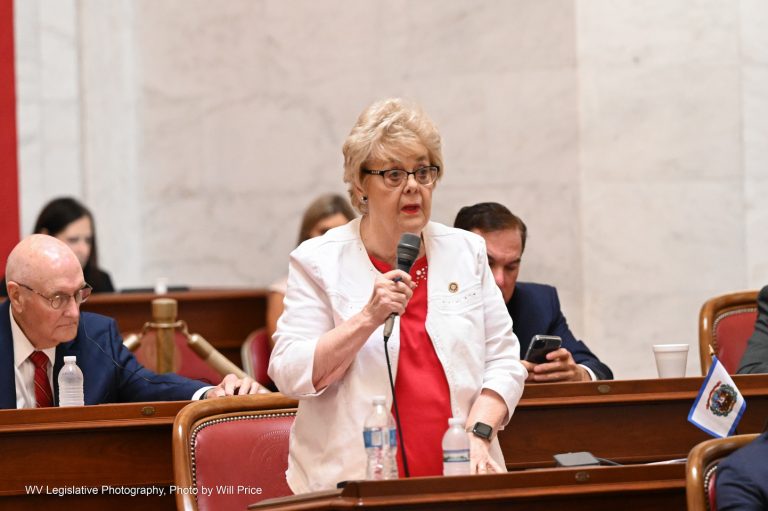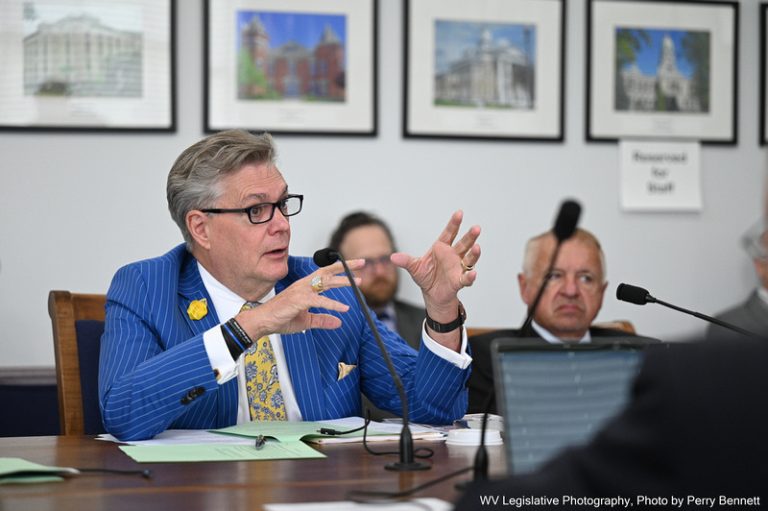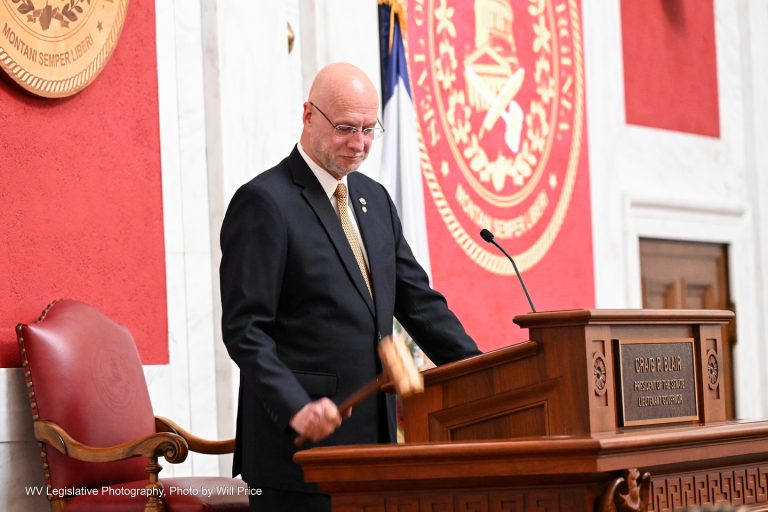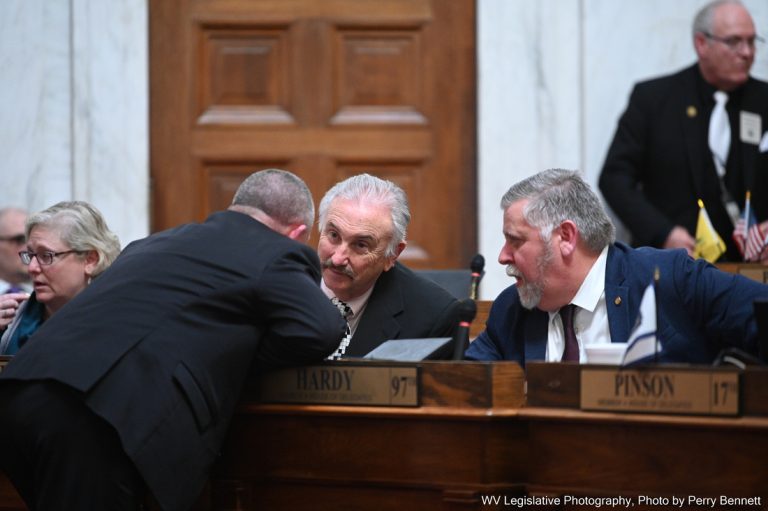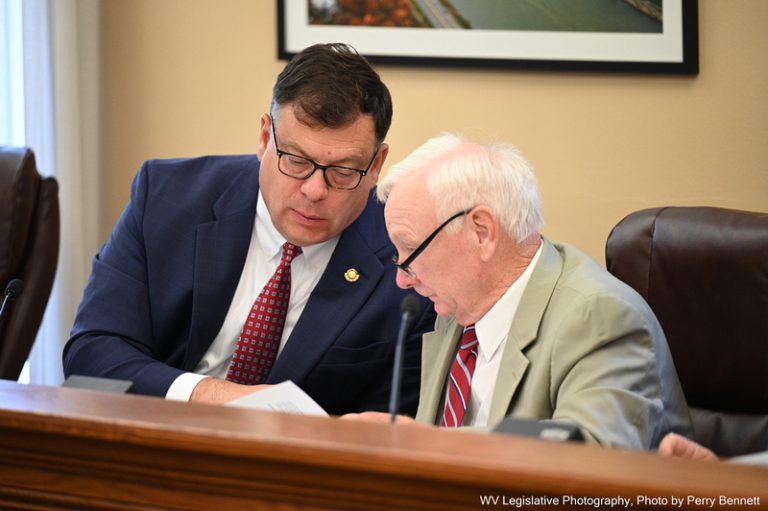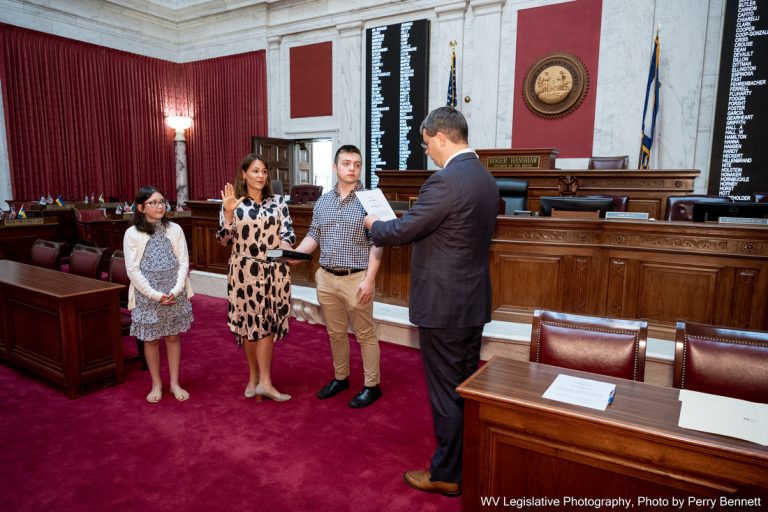The House received Senate messages today, completing thirteen bills and amending eight.
A few that were amended:
Senate Bill 1003 increases the surplus allocation to the Division of Corrections and Rehabilitation to $5,827,834 to allow for two bonus payments of $2,294 to nonuniformed employees, one at hire and one in March 2024.
Senate Bill 1004 increases the allocations to the Division of Corrections by $142,376 to allow for two bonus payments of $2,294 to nonuniformed employees, one at hire and one in March 2024.
Senate Bill 1009 prohibits the use of state funds for nonmedically necessary procedures for inmates. The amended bill does clarify a medical professional must determine what is medically necessary or not. The bill also allows for contraceptives to be provided.
Senate Bill 1021 creates fire protection funds to be administered by the Department of Homeland Security Secretary. The All County Fire Protection Fund will be allocated to all counties based on population percentages. The County Fire Protection Fund will be allocated among counties with a countywide excess levy, or a county-wide fee dedicated to fire or emergency services based on population percentages.
Senate Bill 1022 allocates $12 million from the surplus to the Division of Emergency Management for the following appropriations: $3 million to the All County Fire Protection Fund, $3 million to the County Fire Protection Fund, and $6 million to the Fire Protection Fund.
Senate Bill 1023 appropriates $3 million to the All County Fire Protection Fund and $3 million to the County Fire Protection Fund.
A few that completed:
Senate Bill 1006 extends the time of validity of temporary ID cards provided to released inmates from 90 days to 180 days.
Senate Bill 1007 requires municipalities to reimburse counties for up to five days of regional jail per diem fees when the municipality incarcerates an individual in a regional jail and prosecutes in a magistrate when prosecuting could have taken place in a municipal court.
Senate Bill 1026 allocates $150,000,000 of surplus funds to the State Road Fund for the DOH.
Senate Bill 1027 appropriates the surplus funding to the DOH as $50,000 for equipment and $100,000,000 for maintenance, such as paving.
Senate Bill 1029 allocates $25 million to the Economic Development Authority for the building of an airline hangar for the Pierpont Aviation Mechanic Program. Pierpont’s current hanger is maxed out on the class limit. This hanger will allow for increased class sizes. Pierpont will rent the hanger from the EDA at a nominal rate and then eventually pay a market rate.
Opposition to Senate Bill 1029 stated that the special session wasn’t called for this and suggested it could wait until the regular session. They stated that the Education Committee couldn’t vet the bill and were unsure of the educational value. They also had concerns that a state entity would be renting to another state entity.
Supporters stated they believe the state could be an aviation powerhouse. Pierpont is currently sharing a hangar with Fairmont State and the program has outgrown the size of the hangar. The program would like to expand as the workforce is in desperate need of trained aviation mechanics. The supporters also stated that this is more than “an airplane hangar;” it’s a school, a training facility, and an economic investment.
The House took up two of its bills for consideration today. The bill passed and moved to the Senate.
House Bill 117 allocates $45 million from surplus to the Marshall University Cybersecurity Program, which is a growing program at the University.
A lengthy debate ensued about this allocation. Supporters stated that this allocation is for the building of the facility for the program. Currently, there is only one building like this in the country. In Texas, companies have come to be close to the facility. They stated that this program is more than a school, it’s a unique opportunity to be a hub for cybersecurity research and more. The program would be an economic driver and provide high-paying careers within the state. The program is a collaboration of Marshall University, West Virginia University, West Virginia State University, and others. It was stated that the program will offer micro-credentialing, so students can get one-year certifications, two-year certifications, and four-year degrees. Supporters stated that if we delay now, then these partnerships could go to other states.
Opposition stated they had concern about spending such a large amount of funding. They stated that they feel like its forcing people to go into debt for four-year degrees. Some felt the focus should be of emergency services and the prison and jails system.
House Bill 128 allocates $85,000,000 to the Governor’s Contingent Fund.
The House recessed until after the Senate met to receive the messages.
The House concurred with the Senate’s amendment to Senate Bill 1021.
The Senate’s amendment to Senate Bill 1022 struck up a debate. The amendment changes where the $12,000,000 appropriation for the Division of Emergency Management for fire protection funds is pulled from. The House Bill originally pulled the funding from the General Revenue Surplus. The Senate Amended bill pulls the funding from the General Revenue Fund for the FY24 Budget. The House concurred with the Senate and completed action on the bill
The House is adjourned sine die.


